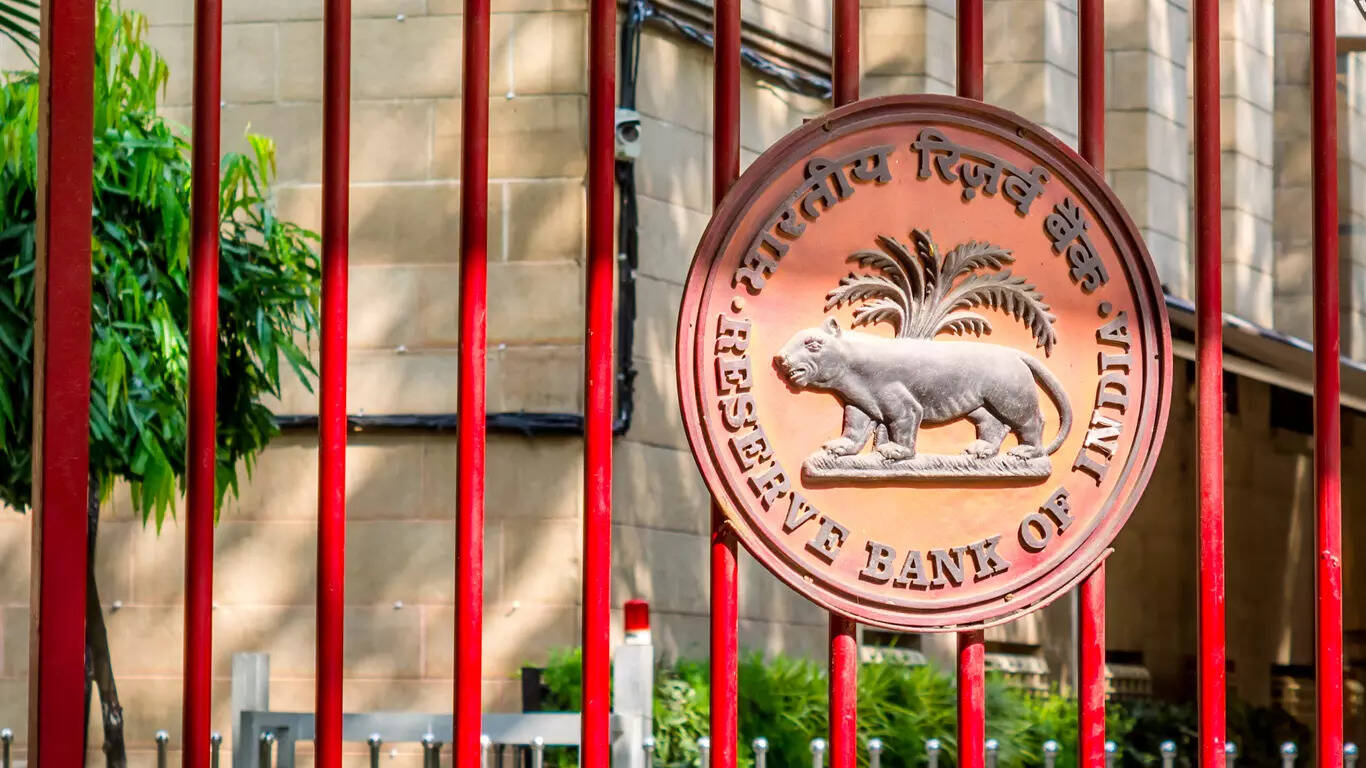
The Reserve Bank of India (RBI) Governor, Sanjay Malhotra, Friday said giving banking licences to conglomerates came with palpable conflict-of-interest risks involving depositors’ funds. He also said ensuring price stability remained the central bank’s prime objective.
“We have our concerns. Some of these NBFCs will have deep pockets,” Malhotra said at a media event in Mumbai. “But if the same group, a large industrial house or a corporate group, is doing financial activities and real economy activities within the same group, there is an inherent conflict of interest with the group actually dealing with the money of the depositors. And, so, those concerns are valid, and they continue to remain.” Malhotra clarified that the banking regulator does not have any proposal to allow a corporate entity, whether through an NBFC or as an individual company, to get a banking licence.
Reliance Industries, India’s biggest company by market value, and Bharti Airtel, which runs the country’s second-largest telecom company, operate in the banking space with their respective payments banks. This category of lenders is not allowed to lend but can accept deposits of up to ₹2 lakh.
The Hinduja Group, with interests in industries as diverse as the capital markets and commercial automobiles, is the promoter of IndusInd Bank.
Malhotra said that there is no proposal to review promoters’ voting rights at private banks, currently capped at 26 per cent. He said that such a requirement ensures that no individual person exercises undue control over the management of a bank, which is dealing with depositors’ money.
“It is the diversification of ownership so that there are checks and balances within the owners, which we feel is necessary. And so, there is no proposal to review this 26 per cent cap,” Malhotra said.
Without naming IndusInd Bank, Malhotra also said: “The board cannot be held responsible for each and every misdemeanor and episode. But they need to be vigilant and ensure that the money of depositors, who have entrusted them, is kept safe.”
IndusInd Bank has been operating lately with a chief executive after the incumbent, Sumant Kathpalia, resigned following the admission of accounting anomalies that caused a record loss in the March-quarter earnings. The stock of IndusInd had overnight lost 27 per cent, the most ever, immediately after the management admitted the anomalies on March 10.
Price Stability
Governor Malhotra said further interest rate cuts have not been ruled out, with the monetary policy committee (MPC) in a neutral phase that allows room for rates to move “up, down or pause.”
The RBI has lowered policy rate by a cumulative one percentage point since February to 5.5 per cent.
“Our primary objective is to maintain price stability and we have mentioned that it is not inconsistent with the other objectives we have of growth because that is a prerequisite,” he said.
Recent data showed that India’s retail inflation, as measured by Consumer Price Index (CPI), eased to a six-year low of 2.1 per cent in June. The CPI reading was below the central bank’s medium-term target of 4 per cent.
Malhotra added that the MPC would look at revised inflation forecasts, if any, while deliberating on the rate decision in its meeting, scheduled in the first week of August.>

